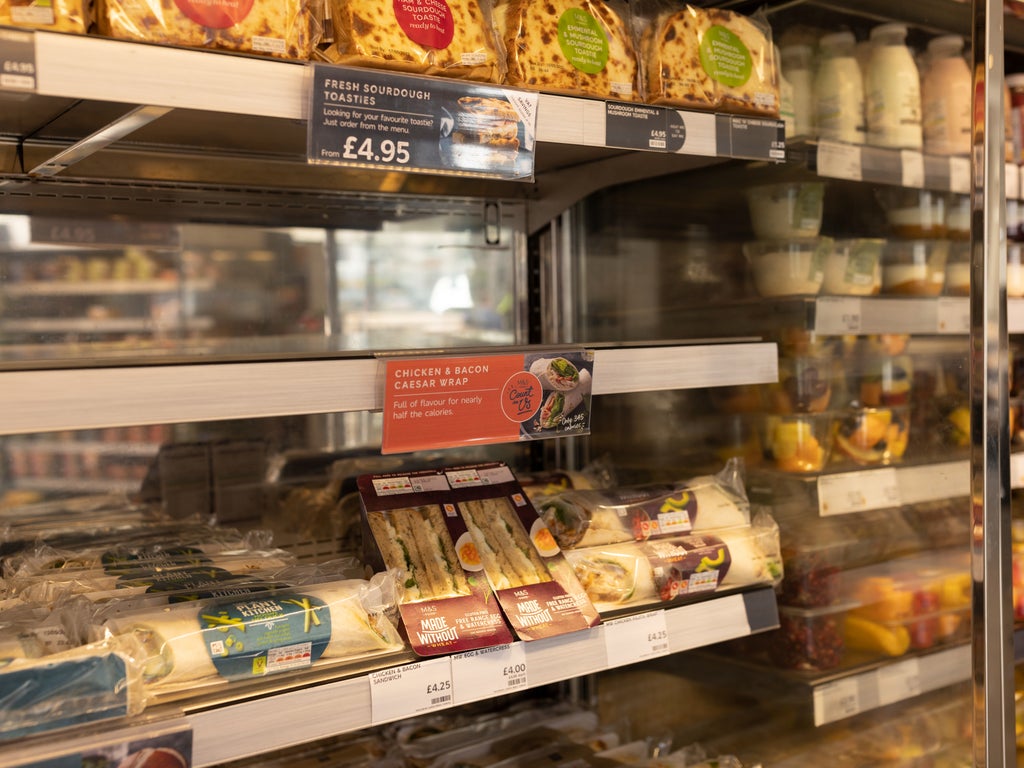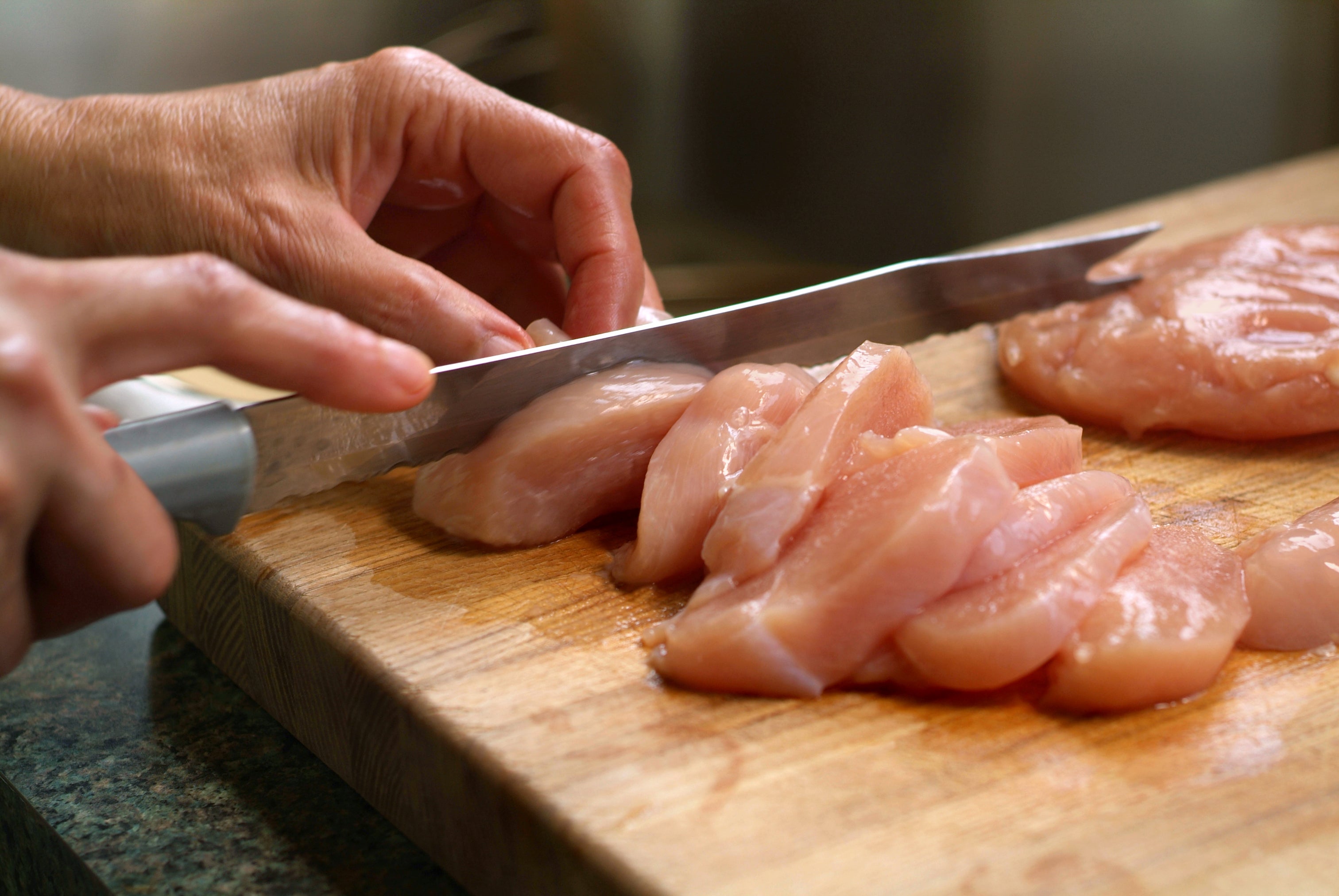
The Food Standards Agency (FSA) has issued a warning regarding a salmonella outbreak in the UK.
The governmental health watchdog raised the alarm following a series of chicken-related food poisoning cases by major supermarket supplier Cranswick Country Foods.
Pret A Manger is one of a number of high street cafes and supermarkets that has recalled or removed products containing chicken from its shelves due to concerns over salmonella.
The popular sandwich franchise joins Waitrose, Marks & Spencer, Sainsbury’s, Tesco and Aldi in taking the “precautionary measure”. Aldi was the first to recall four chicken products on Tuesday due to the “possible presence of salmonella”.
But what is salmonella and how can it harm you? Here’s everything you need to know.
What is salmonella?
Salmonella is a type of bacteria that causes food poisoning.
It’s typically found in the gut of many animals and is, therefore, present in foods consumed by humans.
The highest risk products tend to be animal products, such as raw meat, unpasteurised milk, undercooked poultry and eggs, but salmonella can also contaminate fruit and vegetables through fertiliser used on crops.
How does it spread?

The commonest way people contract salmonella is by eating contaminated food or drinks.
An infected person may also contaminate foodstuffs if proper hygiene advice is not followed. Germs can also be spread by using the same utensils or chopping boards for different products, e.g. meat and vegetables.
What are the symptoms?
The usual time from picking up salmonella to becoming ill is between six hours and three days, but it can be longer. Illness commonly occurs within 12-36 hours.
Symptoms can include:
Nausea or vomiting
Diarrhoea
Stomach cramps
Fever
Tiredness or aches
Symptoms usually clear up within three to seven days, but some people take longer to recover fully.
The condition can be particularly serious for children under five-years-old, the elderly and those with compromised immune systems.
How can you avoid salmonella?
The FSA advises adopting the ‘4Cs’ to avoid contracting food poisoning: chilling, cooking, cleaning and cross-contamination.
It adds that we should wash hands thoroughly with soap and water, particularly when we:
Are about to prepare or eat food
Hand raw foods
Touch bins
Have gone to the loo
Have any sort of contact with pets or animals
Change a nappy







